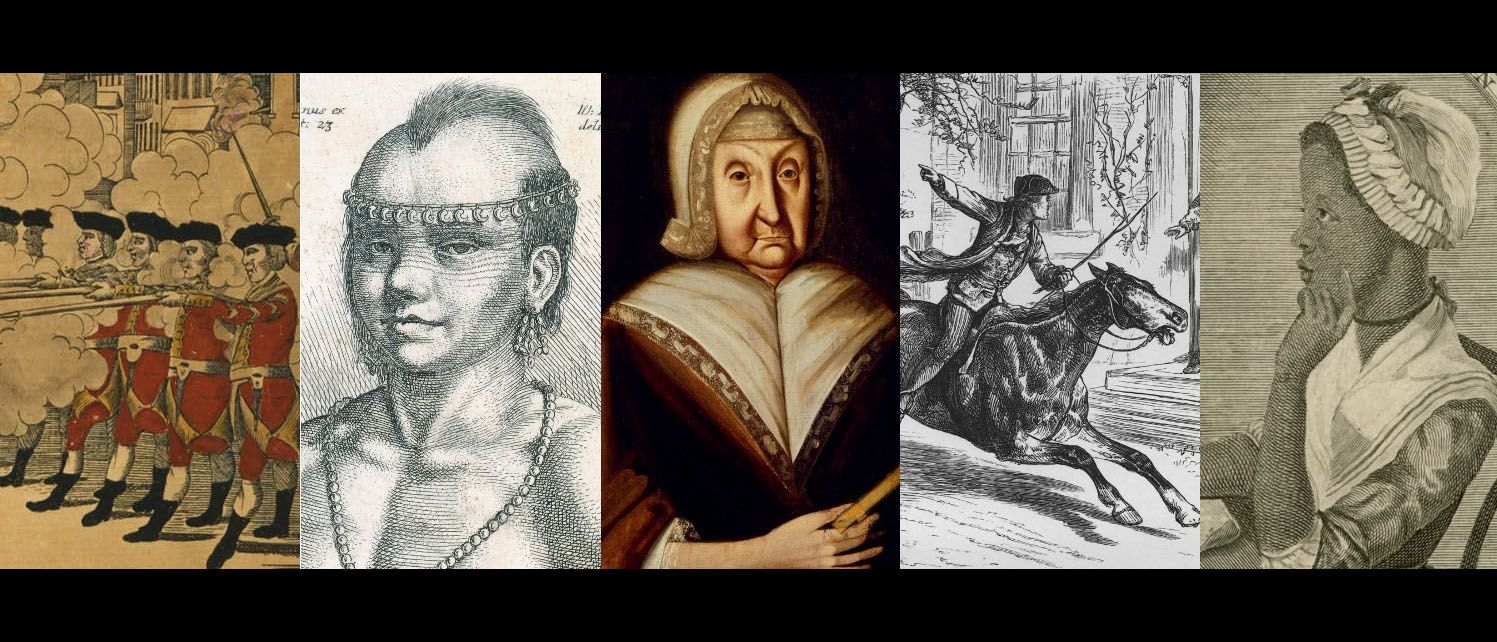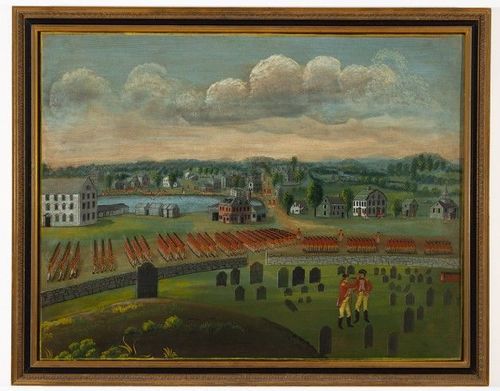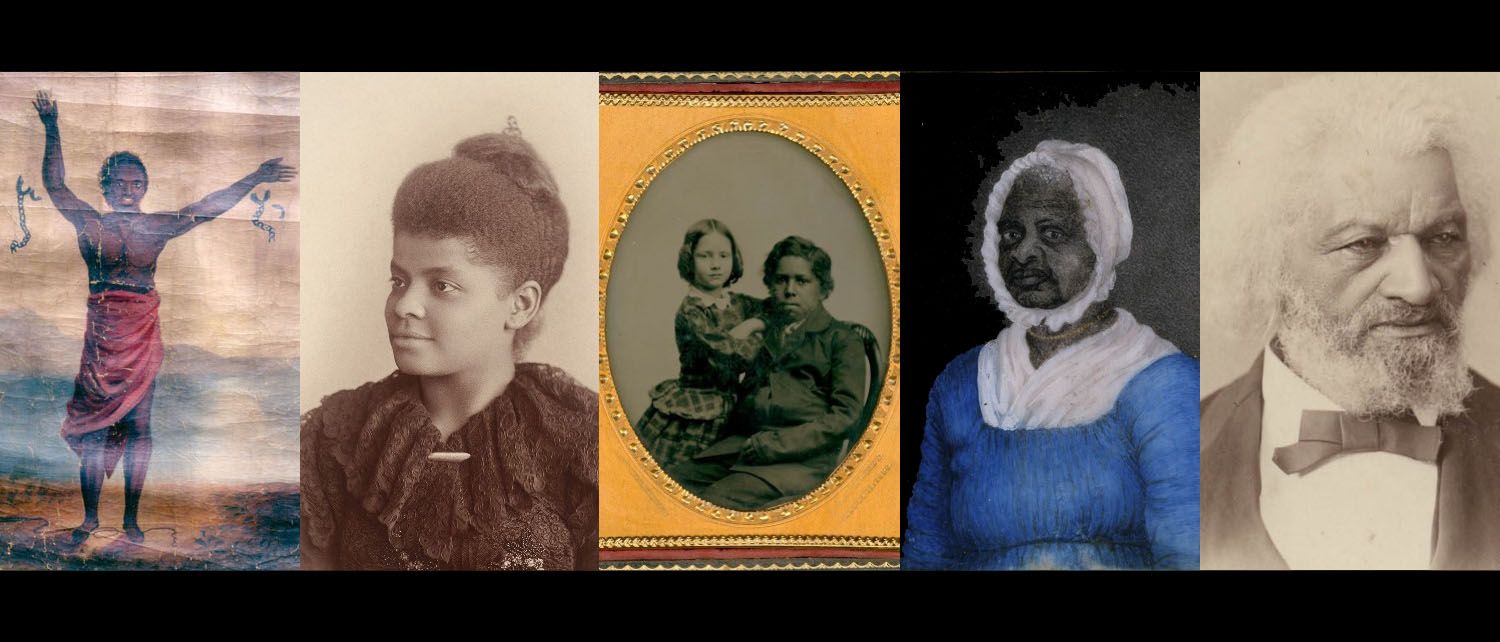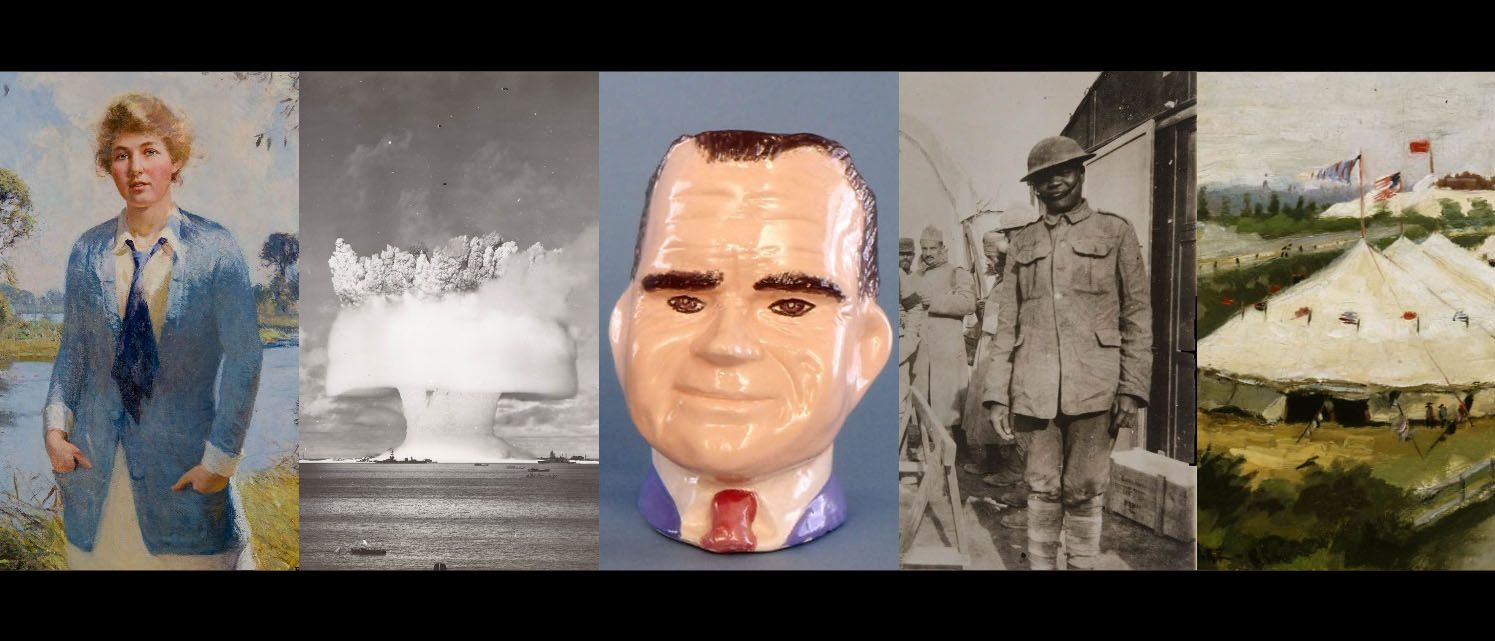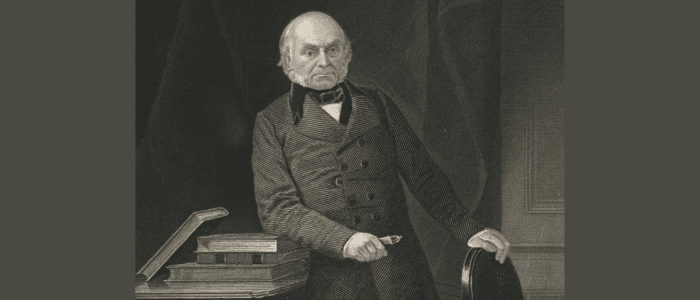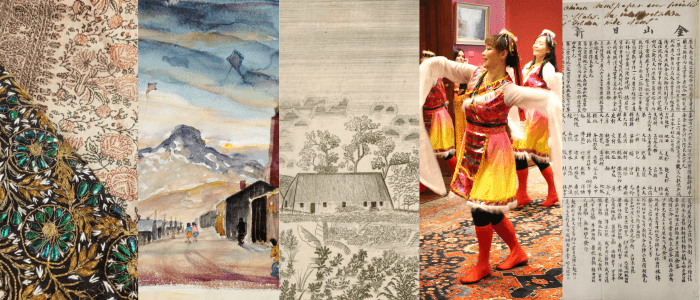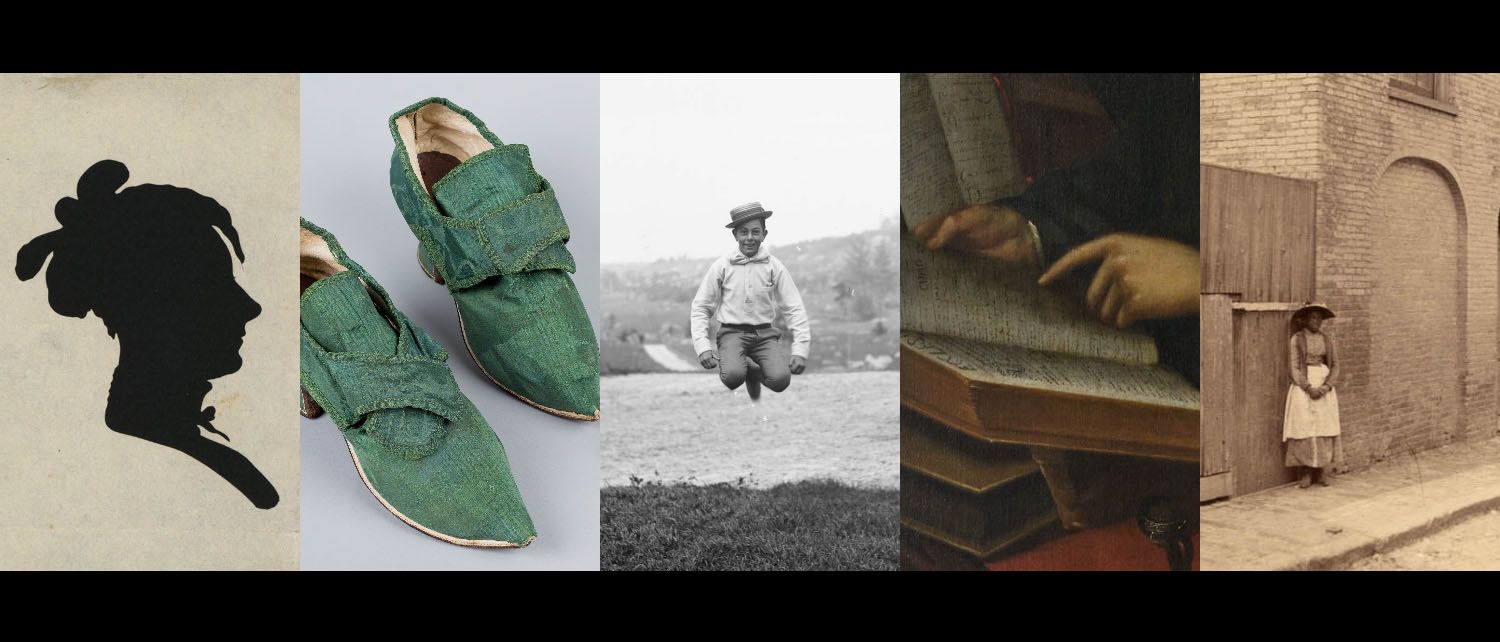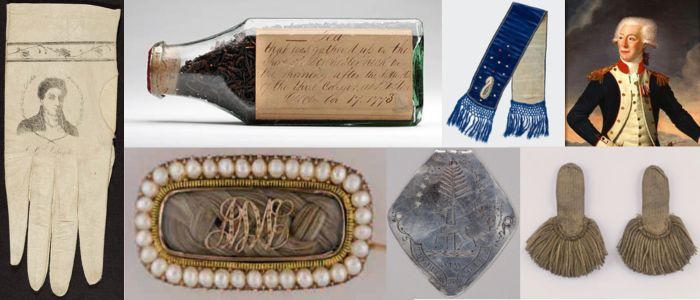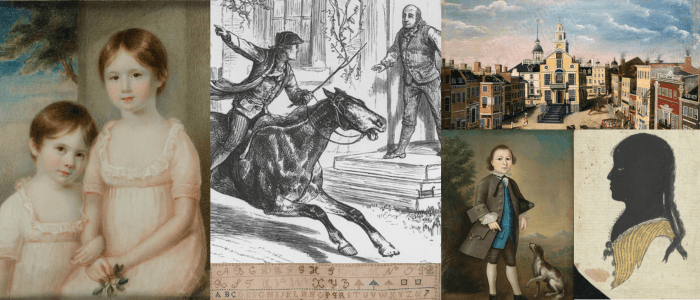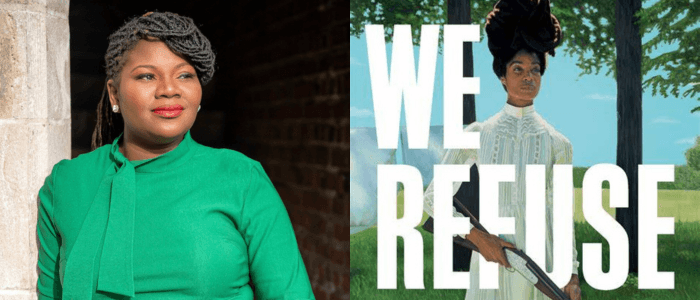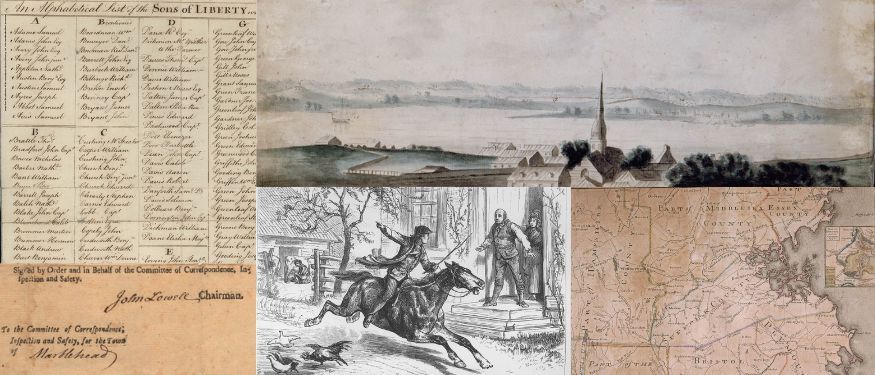Event

The Great Molasses Flood Revisited: Labor and the Molasses Flood
Stephen Puleo; Robert Forrant, UMass Lowell; Carlos Aramayo, and moderator Karilyn Crockett
Please note: This program will be held at Old South Meeting House.
After the collapse of an industrial tank of molasses left a North End neighborhood devastated, a legal battle for reparations ensued, prompting questions about the role and responsibilities of businesses within a community. Using the Molasses Flood as an historical backdrop, this panel will explore questions around labor rights and safety, the function of government regulations and the relationship between the public and big business interests; issues that still resonate today as modern Bostonians grapple with a changing corporate landscape and city-wide gentrification.
This program is a collaboration between the MHS and Old South Meeting House. It will be held at Old South Meeting House at 310 Washington Street, Boston, MA 02108.
This program is made possible with funding from the Lowell Institute.
Image: Boston Mass. Boston molasses explosion, American National Red Cross photograph collection (Library of Congress), 14968u
There will be a pre-program reception at 5:30.
